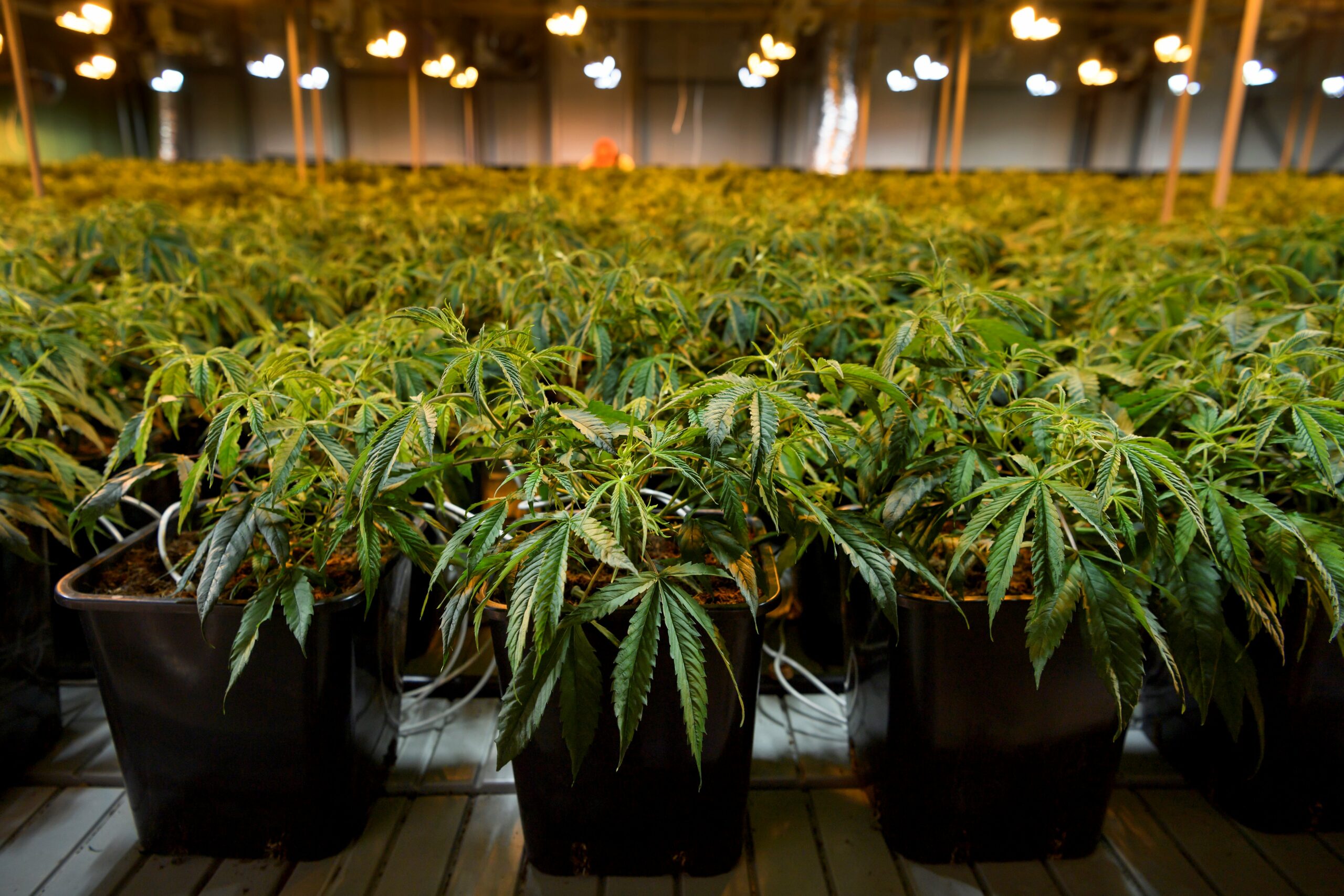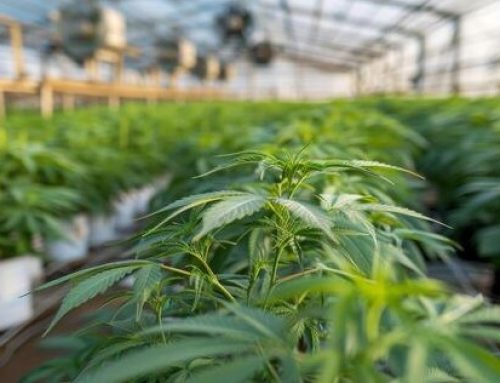Federal Policy Uncertainty Continues to Challenge U.S. Cannabis Industry
LOS ANGELES- The U.S. cannabis industry remains in a state of flux due to ongoing federal policy uncertainties, impacting market dynamics, investment strategies, and regulatory compliance.
In August 2024, the U.S. Drug Enforcement Administration (DEA) postponed a hearing on reclassifying cannabis from a Schedule I to a Schedule III substance under the Controlled Substances Act. This delay has prolonged uncertainty within the industry, affecting stock valuations and business planning. The rescheduling could alleviate certain tax burdens and enhance research opportunities; however, the postponement has left stakeholders in a state of anticipation.
Impact on Investments and Market Valuations
Regulatory ambiguities have hindered investment flows into the cannabis sector. At the Business of Cannabis Conference in New York City, experts highlighted that inconsistent state and federal policies have suppressed company valuations and deterred potential investors. The industry’s growth prospects are further complicated by the uncertain timeline for federal reforms, leading to cautious investment approaches.
Companies like Tilray Brands have adopted diversification strategies to mitigate risks associated with federal cannabis policies. Tilray’s expansion into the U.S. craft beer market, through acquisitions of brands such as SweetWater and Montauk, aims to establish a distribution network adaptable for cannabis-infused beverages upon federal legalization. This approach reflects efforts to position for future opportunities while navigating current regulatory constraints.
Political Developments and Industry Outlook
The nomination of pro-cannabis advocate Matt Gaetz as Attorney General by former President Donald Trump has introduced potential shifts in federal enforcement priorities. Gaetz’s support for cannabis reform could lead to policy changes favoring the industry. However, his controversial background and the political climate add layers of complexity to the confirmation process and subsequent policy implementation.
The U.S. cannabis industry continues to grapple with federal policy uncertainties that influence investment decisions, corporate strategies, and market stability. Stakeholders remain vigilant, adapting to the evolving regulatory landscape while advocating for clear and consistent federal guidelines to support sustainable growth.


































